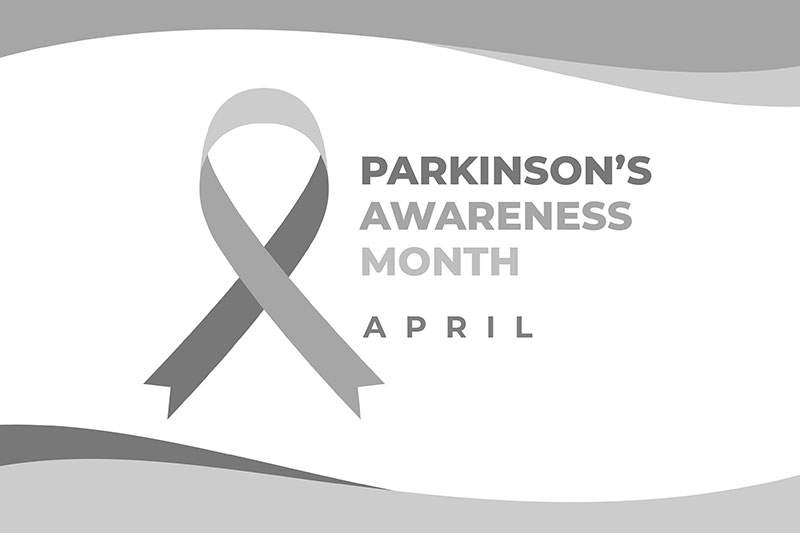April is Parkinson’s Awareness Month and FirstLight Home Care is honored to support the needs of those affected by this disease. If you have an elderly person in your life, it’s important to be aware of the early signs of Parkinson’s Disease.
How Does Parkinson’s Disease Affect the Elderly?
Parkinson’s Disease is a progressive disorder of the nervous system that impacts more than 10 million people worldwide. It affects movement and, although it typically develops gradually, symptoms progress over time. For example, it may start with a barely noticeable tremor in just one hand.
Parkinson’s usually develops between 50-60 years of age and affects men 50% more than women. While Parkinson’s can’t be cured, there are treatments that can help manage the symptoms.
Early signs of Parkinson’s Disease may include:
- Tremors. Tremors are the most recognizable sign of Parkinson’s. A tremor, or shaking, usually begins in a limb, often the hand or fingers when relaxed or at rest. Some people also may experience a back-and-forth rubbing of the thumb and forefinger, known as a pill-rolling tremor.
- Stiffness and Slowed Movement. Over time, Parkinson’s Disease may reduce a person’s ability to move. Slowness in movement will make simple tasks, like getting out of a chair, difficult and time-consuming.
- Loss of Smell. Trouble smelling foods like bananas, dill pickles or licorice can be an early sign of the disease.
- Trouble Moving or Walking. Stiffness or pain in the body, arms and legs that do not go away as a person moves can be an early sign of the disease.
- Voice Changes. The disease affects movement in different ways, including how a person speaks. Slurred speech is common in advanced stages of Parkinson’s, but less dramatic voice changes can occur in early stages of the disease. Enunciation may remain crystal clear, but you may notice a person unintentionally speaking more quietly. People in early stages of Parkinson’s often speak in low tones, a hoarse voice or with little inflection.
- Impaired Posture and Balance. A person’s posture may become stooped, or they may experience balance problems.
- Writing Changes. It may become difficult for a person to write, and the writing may appear small.
If you’re worried that a loved one is showing signs of Parkinson’s Disease, it’s important to have them see their doctor for an evaluation.
Can Parkinson’s Patients Be Cared for at Home?
As with other chronic care management diseases, many people living with Parkinson’s seek long-term assistance to help manage day-to-day activities.
FirstLight Home Care in-home caregivers can help people diagnosed with Parkinson’s Disease maintain independence and protect their quality of life by providing:
- Assistance with daily activities, such as bathing, hygiene and meal preparation
- Help with walking and mobility, as well as with transfer and posture
- Medication reminders to continue the treatment regimens critical to managing physical symptoms of the disease
- Transportation to and from doctor’s appointment, social engagements and other activities
- Household help, such as light housekeeping and laundry
- Companionship to help battle the anxiety and depression that often come with the disease
- Respite care to provide relief to family caregivers essential to the ongoing support of those living with the disease
Personal Care vs Companion Care
FirstLight Home Care treats your loved one with the respect and compassion they deserve. We’re committed to providing the best care and support for you and your family.
Two types of support we offer to our clients are personal care and companion care.
Personal care aids with basic day-to-day activities, including personal hygiene, movement and eating all in the comfort of a person’s home. Our in-home caregivers help make each day comfortable and safe.
Companion care offers the same practical help with everyday activities and household tasks with an emphasis on emotional support. Conversations, activities and social connections with the companion help build a meaningful relationship.
For more information about the early signs of Parkinson’s Disease and how FirstLight Home Care’s personal care and companion can help you or your loved one, contact us today!
